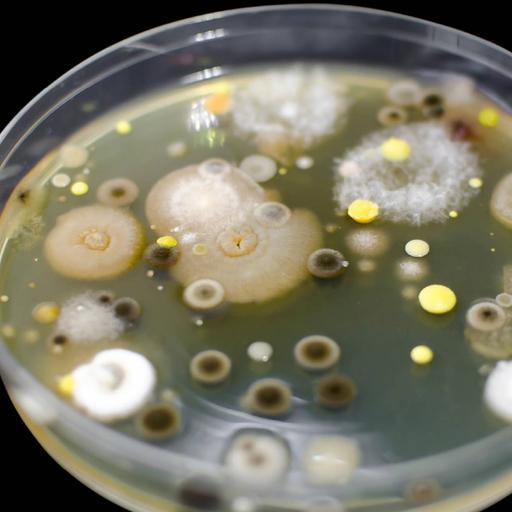Introduction to Fungi
Presentations | English
A fungus is any member of a large group of eukaryotic organisms that includes microorganisms such as yeasts and molds, as well as the more familiar mushrooms. The Fungi are classified as a kingdom that is separate from plants and animals. The discipline of biology devoted to the study of fungi is known as mycology, which is often regarded as a branch of botany, even though genetic studies have shown that fungi are more closely related to animals than to plants. Fungi reproduce via spores, which are often produced on specialized structures or in fruiting bodies, such as the head of a mushroom. Abundant worldwide, most fungi are inconspicuous to the naked eye because of the small size of their structures, and their cryptic lifestyles in soil, on dead matter, and as symbionts of plants, animals, or other fungi. Fungi perform an essential role in the decomposition of organic matter and have fundamental roles in nutrient cycling and exchange. They have long been used as a direct source of food, such as mushrooms and truffles, as a leavening agent for bread, and in fermentation of various food products, such as wine, beer, and soy sauce.

19.00
Lumens
PPTX (76 Slides)
Introduction to Fungi
Presentations | English
